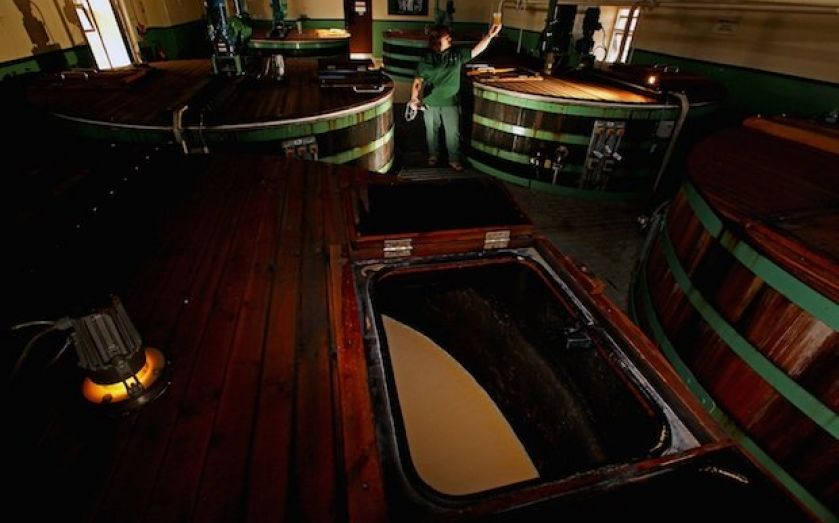Back to the 1970s: Globalisation will force UK’s hand over export shortfall

FOR MOST of the past century, UK economic growth has depended primarily on consumer spending and housing. Indeed, the current recovery is heavily driven by these two factors – even though the shape of this revival is gradually changing.
But globalisation brings new challenges. We have to pay for much more expensive energy and raw material imports, as the newly-emerging economies compete to buy up non-renewable resources. This is particularly true of minerals, where there has been limited investment and supplies are likely to be tight.
And as people elsewhere learn to make the products traditionally produced in the UK, we will have to up our game to compete with them – or more likely to export alternative products or services to pay for increased imports. Further, since we are likely to have to devalue in real terms against the emerging economies (although probably not against the Eurozone) to make ourselves more competitive, we will also have to pay for the more expensive imports that this implies.
Meanwhile, while liquid international capital markets give plenty of scope for running balance of payments deficits, the books eventually have to balance over the longer term, unless a country is able to persuade international bodies to accept its currency as a reserve. But even then, the ability to import without exporting is limited. So to pay for the imports that we will need or want to buy, the UK will have to get much better at exporting.
I have done some simulations on the changing shape of the UK economy over the period to 2050. These show that exports, which were 31.4 per cent of GDP in 2012, will virtually have to double as a share of GDP to around 60 per cent by 2050. Part of this rise will be a relative price effect – at constant prices, the rise will be about 10 percentage points of GDP less.
At the same time, consumer spending is likely to have to grow much more slowly than GDP, falling back from 65 per cent of GDP in 2012 to about 55 per cent of GDP in 2050. But before exaggerating the importance of this drop, remember that this just means that the annual growth in consumer spending will be about 0.25 per cent lower than GDP growth. Because of rising input prices, however, volume growth is more likely to be about 0.5 per cent per annum slower. But this does mean that the consumer will be relatively less important in the UK economy of the future.
For the UK to pay its way in the new world economy – as it will have to – the country will need to rediscover its Victorian zeal for exporting. We will never again be the workshop of the world, but we will have to discover the niche products where we have an advantage and market them hard. At the same time, government policy will have to focus on making exports more competitive, not less.
I am not sure how much a rise in the minimum wage (as currently suggested by politicians from all parties) will affect competitiveness, since most employers pay well above the minimum wage. But if careful studies show that there is a knock-on impact on the UK’s international competitiveness, with a rise in the minimum wage pushing up other wages in turn, then the temptation to go for cheap popularity in the pre-election period by damaging the economy should be resisted.
Further, as the export focus intensifies, public projects will increasingly need to be looked at from the point of view of their balance of payments impact, not just their direct effects.
Those of us who learned our economics in the 1960s and early 1970s can remember a time when the balance of payments was paramount, and the monthly trade figures were the top item on the news. Globalisation means that we are going part of the way back to that period, as exporting and the balance of payments become increasingly important all over again.
Douglas McWilliams is executive chairman of the Centre for Economics and Business Research and the Mercers’ School Memorial Gresham professor of commerce. His latest Gresham professiorial lecture, The Changing Structure of UK Trade, will be held tomorrow at 6pm at the Museum of London. Seating is on a first come first serve basis. www.gresham.ac.uk/lectures-and-events/the-changing-shape-of-uk-trade